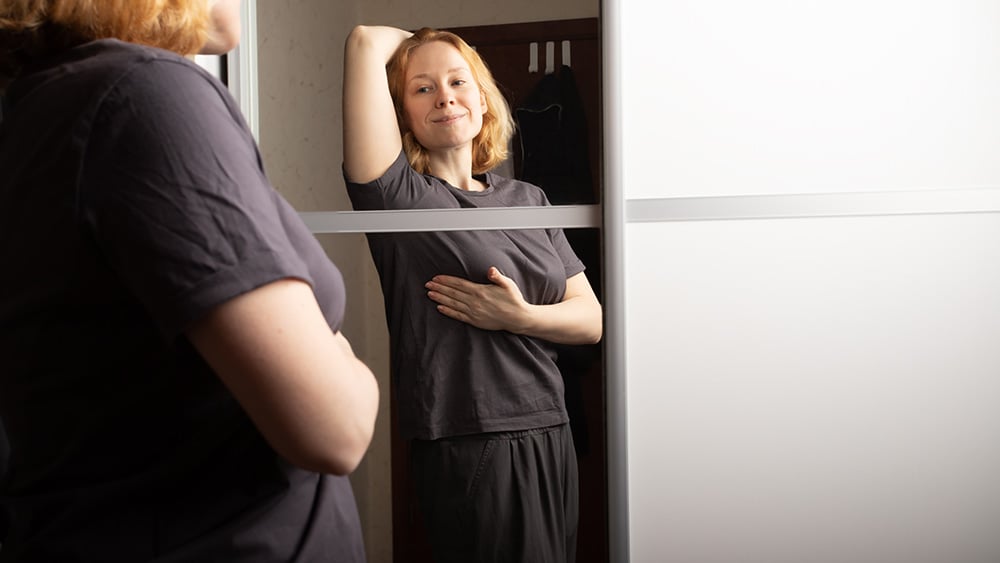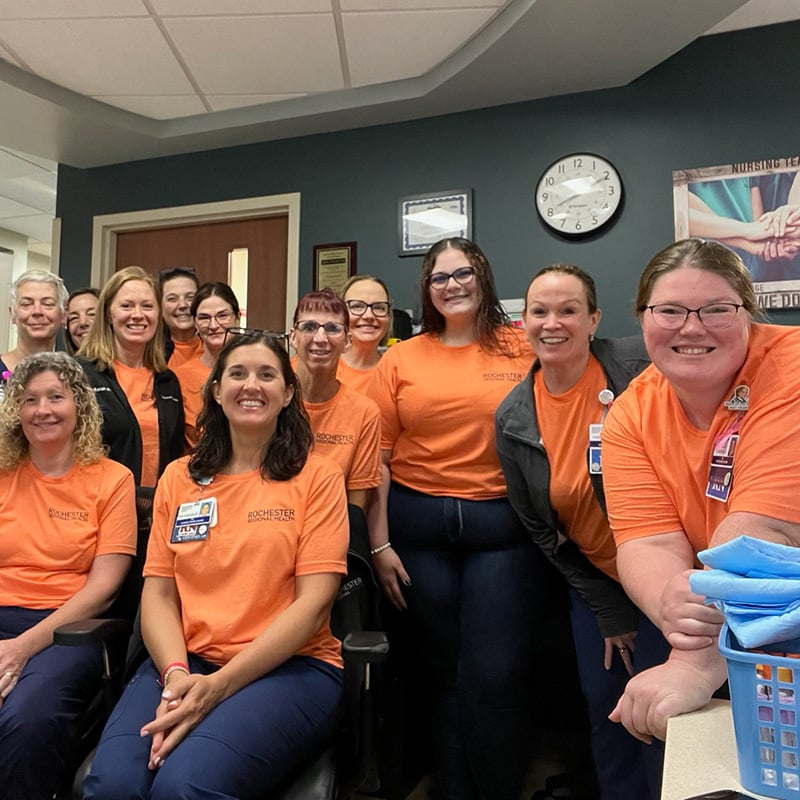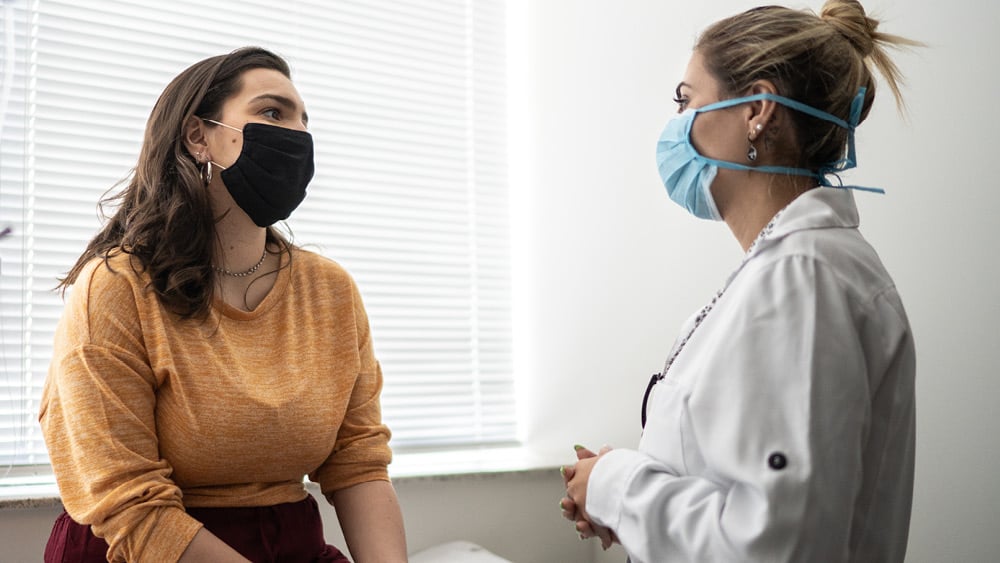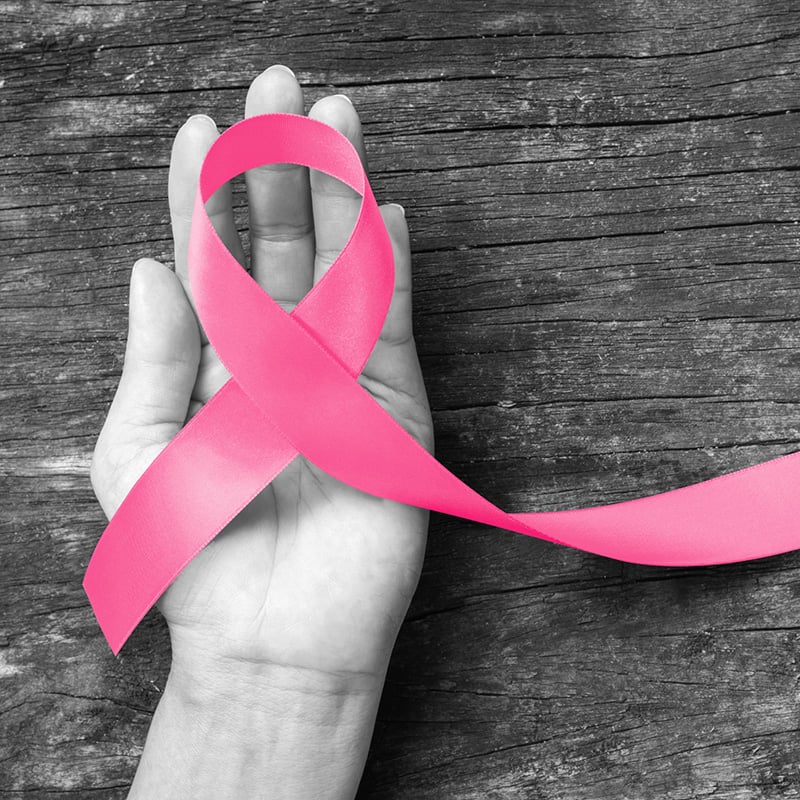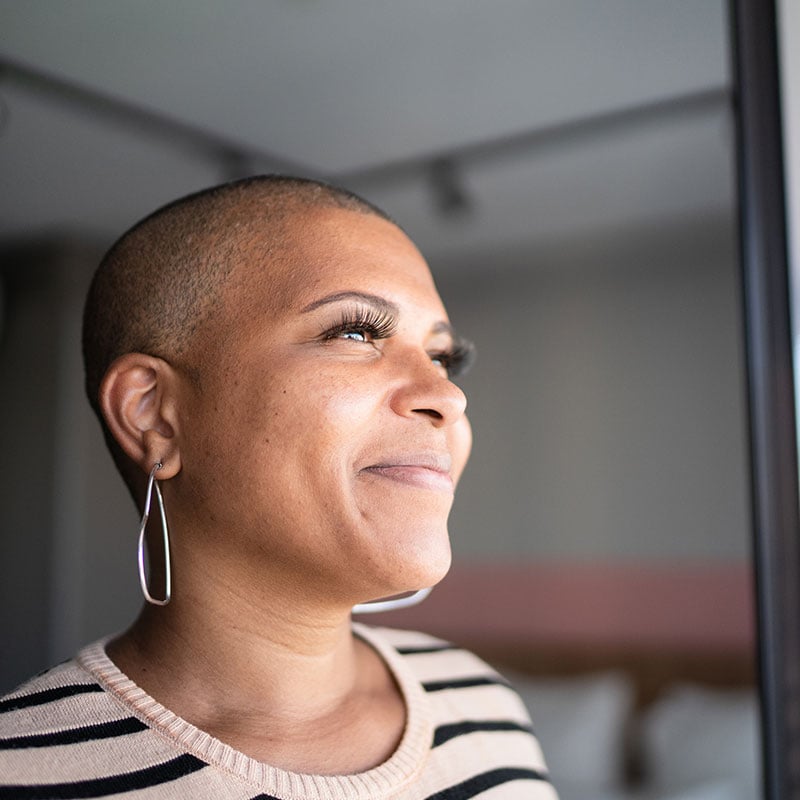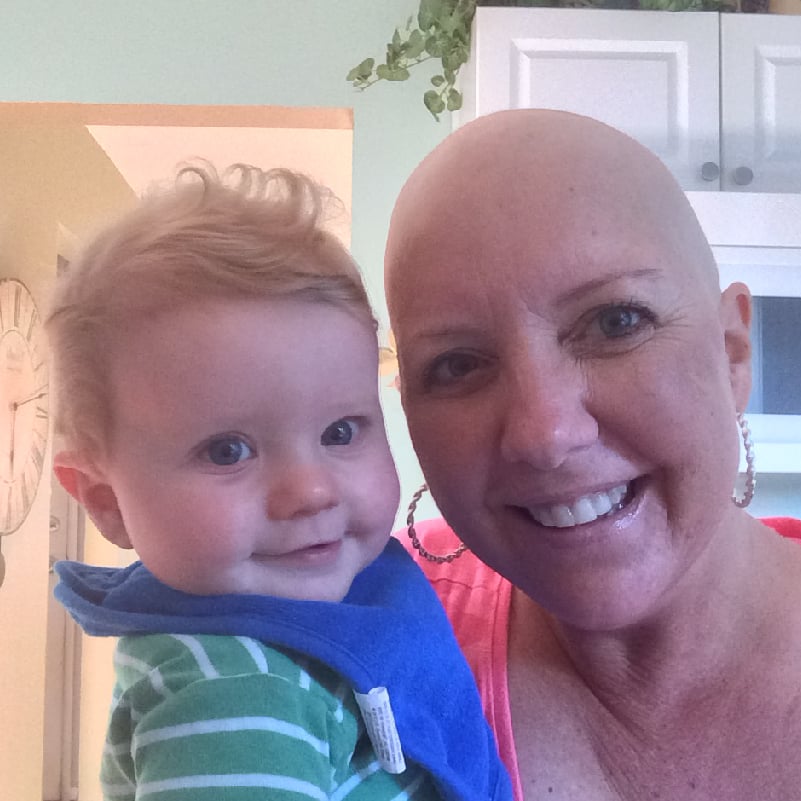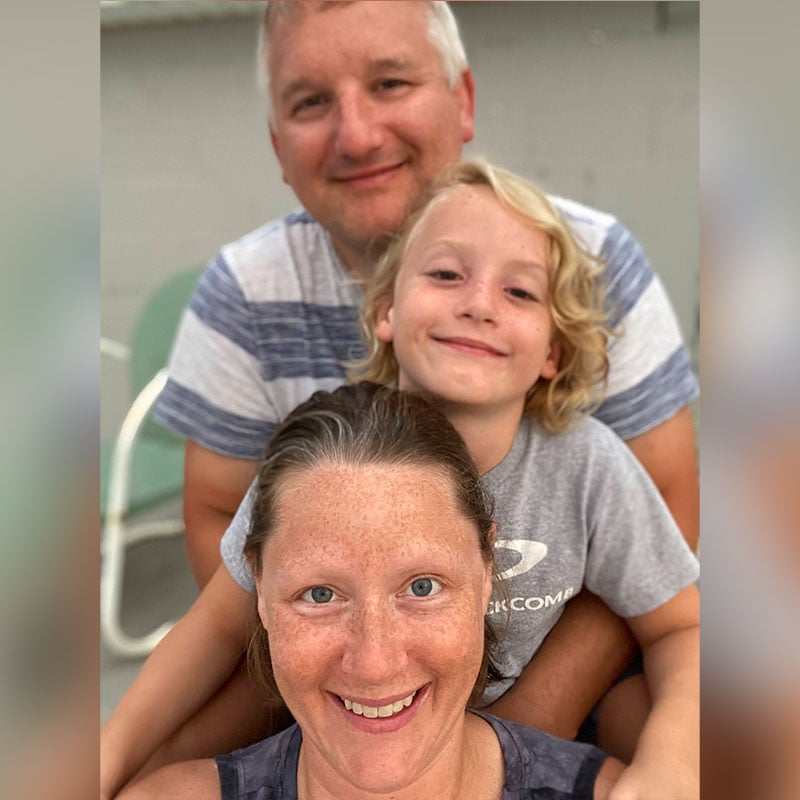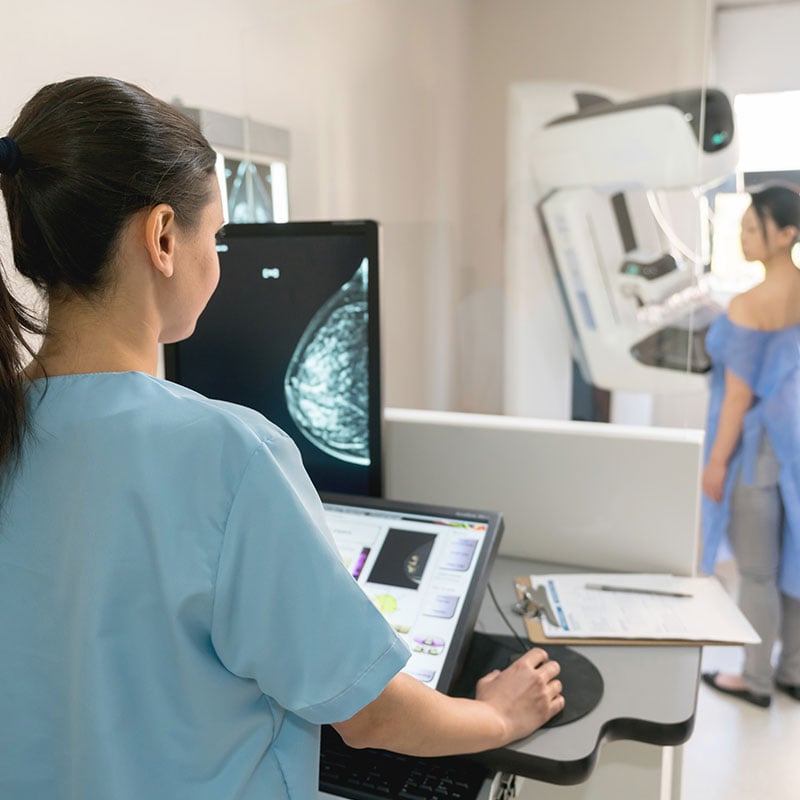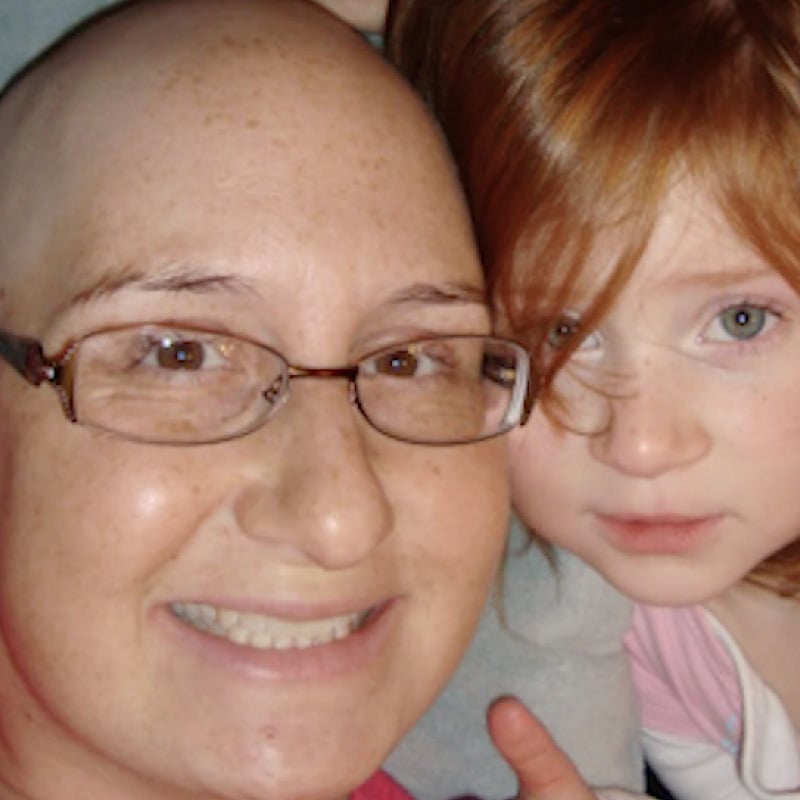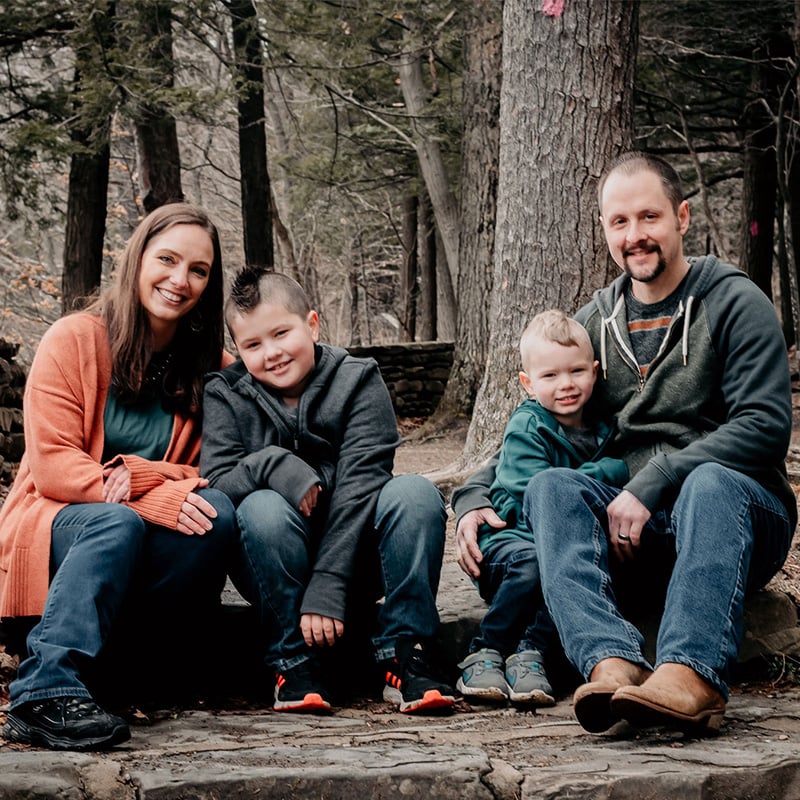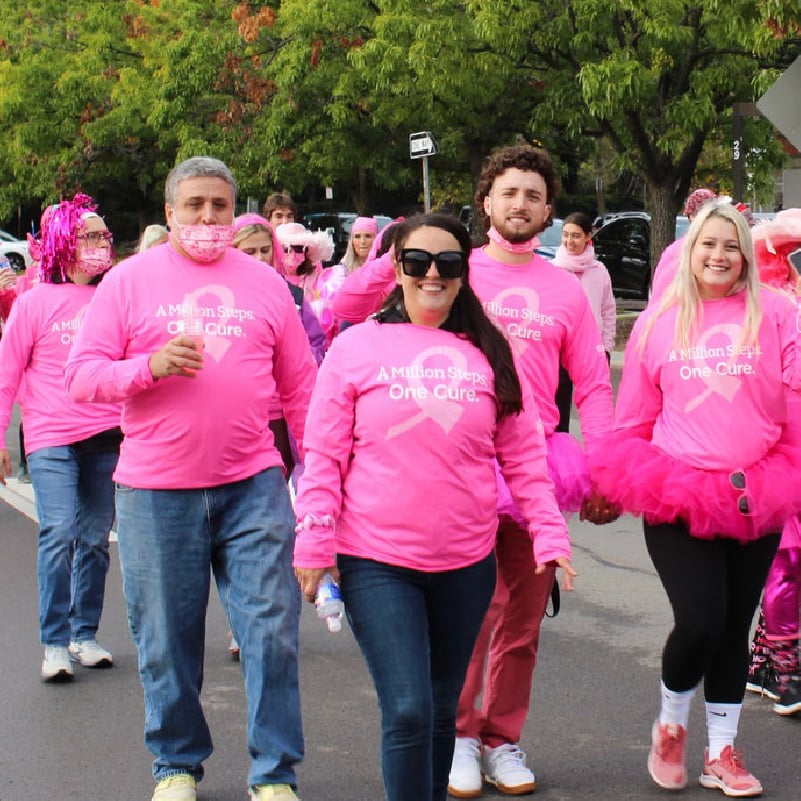Your Partner in Breast Cancer Care
Navigating breast cancer can be overwhelming, but you don’t have to do it alone. Our breast cancer services include everything from diagnosis to recovery and beyond, with a focus on delivering the highest level of care in a compassionate and supportive environment.
Take our online breast cancer screening assessment to find out.
Our Approach to Breast Cancer Diagnosis and Treatment
At our Breast Centers, we believe in a team-based approach to care. This means you’ll have access to a multidisciplinary group of specialists, including oncologists, radiologists, and specialized breast surgeons, who work closely with you to create a personalized treatment plan tailored to your specific diagnosis and lifestyle. Our comprehensive care model ensures that every aspect of your treatment is coordinated, from genetic counseling and screening to surgery and survivorship support. We’re here to help you navigate your breast cancer journey with confidence.
Breast Cancers We Treat
Our team is dedicated to diagnosing and treating a wide range of breast cancer conditions with a focus on personalized, advanced, and compassionate care.
- Ductal Carcinoma and Ductal Carcinoma In Situ (DCIS)
- HER2-Positive Breast Cancer
- Inflammatory Breast Cancer
- Invasive Ductal Carcinoma (IDC)
- Invasive Lobular Carcinoma (ILC)
- Lobular Carcinoma in Situ (LCIS)
- Male Breast Cancer
- Metastatic Breast Cancer
- Paget’s Disease of the Breast
- Phyllodes Tumors of the Breast
- Recurrent Breast Cancer
- Triple-Negative Breast Cancer
Our Services & Treatments
We understand that every breast cancer journey is unique, and we're here to provide the most advanced treatments with the holistic care and support you deserve every step of the way.
- Breast cancer screenings
- Biopsy and diagnostic testing
- Chemotherapy
- Hormone therapy
- Immunotherapy
- Radiation therapy
- Hidden Scar™ breast cancer surgery
- Lumpectomy
- Mastectomy
- Reductive mammoplasty
- Breast reconstruction surgery
- Support services
When she was 31 years old, Tammy discovered a lump during a self-exam — a moment that changed everything. With compassionate care and expert treatment from Rochester Regional Health, she beat aggressive breast cancer and found her strength again. When her mother later faced her own early-stage diagnosis, Tammy knew exactly who to trust. Together, they share a powerful story of early detection, resilience, and hope.


